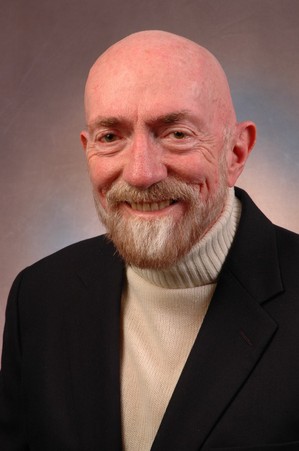 | Kip S. Thorne was awarded the Fudan-Zhongzhi Science Award for having the vision to build the scientific case for LIGO, for creating research programs that modeled gravitational waves emitted by astrophysical processes and developed data analysis methods, and for his contribution to LIGO instrumentation science, in particular the formulation of fundamental concepts in the theory of quantum metrology. Kip S. Thorne is a theoretical physicist specializing in General Relativity. He identified possible astrophysical sources of gravitational waves for LIGO, described the characteristics and estimated the strengths of the signals, and helped stimulate the development of computational and analysis tools needed to relate the signals to general relativity. In particular, he recognized early the need to be able to solve the Einstein’s Equations on computers, a discipline now called numerical relativity. This was a decades-long effort, which finally succeeded a few years before detection, and played a crucial role in finding and interpreting the signals from the mergers of binary Black Holes. Thorne is a member of the US National Academy of Sciences, the American Academy of Arts and Sciences, and the Russian Academy of Sciences. He has been awarded the Lilienfeld Prize of the American Physical Society, the Karl Schwarzschild Medal of the German Astronomical Society, the Albert Einstein Medal of the Albert Einstein Society in Berne. He is one of three winners of the Nobel Prize in Physics (2017). |
